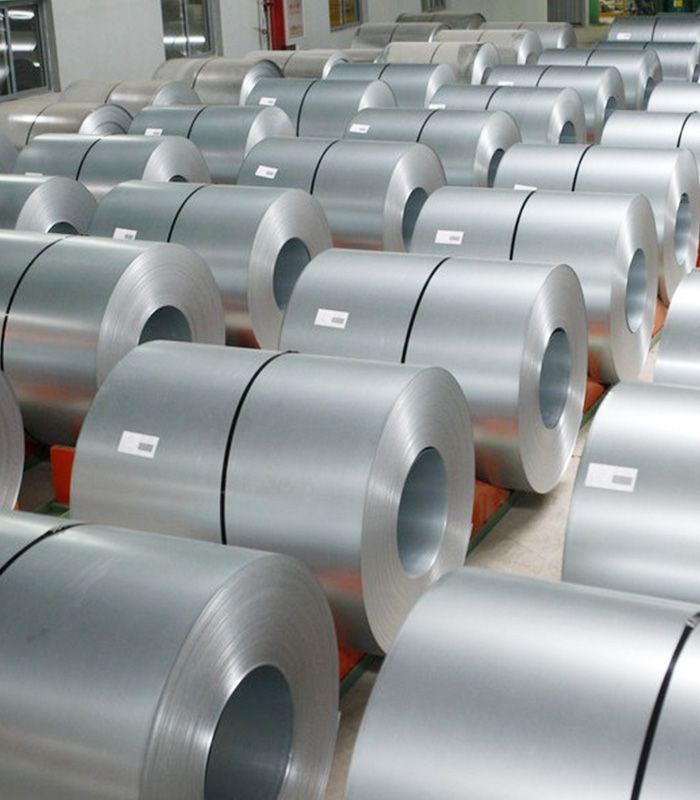Galvanized Steel Coil vs. Galvalume Steel Coil: Which Should You Choose?
When it comes to choosing the right material for your construction or manufacturing project, the type of steel you use can make a significant difference. Two popular options in the market are Galvanized Steel Coil and Galvalume Steel Coil. In this comprehensive comparison, we will delve into the nuances of these two materials to help you make an informed decision.
Galvanized Steel Coil vs. Galvalume Steel Coil
Understanding Galvanized Steel Coil
Galvanized Steel Coil is a corrosion-resistant steel product that has been coated with a layer of zinc to protect it from rust and corrosion. This coating gives it a distinctive shiny appearance, making it a popular choice for various applications.
Galvanized Steel Coil is known for its durability and longevity. It is commonly used in outdoor structures, such as fences, roofing, and gutters, due to its ability to withstand harsh weather conditions. The zinc coating acts as a sacrificial layer, protecting the underlying steel from corrosion.
Advantages of Galvanized Steel Coil
Exceptional corrosion resistance
Long-lasting performance
Shiny and aesthetically pleasing finish
Low maintenance requirements
Cost-effective option for many applications
Drawbacks of Galvanized Steel Coil
Limited color options
Susceptible to white rust in certain conditions
Zinc coating may wear off over time
Understanding Galvalume Steel Coil
Galvalume Steel Coil is another popular choice in the steel industry. It is made by combining zinc, aluminum, and silicon, resulting in a steel product that offers excellent corrosion resistance and heat reflectivity.
One of the standout features of Galvalume Steel Coil is its ability to resist corrosion even in highly corrosive environments. This makes it an ideal choice for coastal regions or areas with high humidity. Additionally, the aluminum in the coating provides enhanced heat reflectivity, helping to keep interiors cooler.
Advantages of Galvalume Steel Coil
Superior corrosion resistance
Excellent heat reflectivity
Longer lifespan compared to traditional galvanized steel
Suitable for coastal and humid environments
More color options available
Drawbacks of Galvalume Steel Coil
Slightly higher initial cost compared to galvanized steel
Requires professional installation to prevent potential issues
Galvanized Steel Coil vs. Galvalume Steel Coil: Which Should You Choose?
Choosing between Galvanized Steel and Galvalume Steel Coil ultimately depends on your specific needs and the environment in which the material will be used. Here are some considerations:
Corrosion Resistance: If your project is in a highly corrosive environment, such as near the coast or in an industrial area, Galvalume Steel Coil may be the better choice due to its superior corrosion resistance.
Aesthetic Appeal: If aesthetics are crucial for your project, Galvanized Steel Coil's shiny finish may be more appealing. It also offers a cost-effective solution for applications where appearance matters.
Longevity: For long-term projects where durability is a top priority, both options offer excellent longevity. However, Galvalume Steel Coil's extended lifespan may be preferable.
Color Options: If you require a specific color for your project, Galvalume Steel Coil provides a wider range of color choices compared to Galvanized Steel Coil.
Budget: Consider your budget constraints. Galvanized Steel Coil is often more budget-friendly upfront, while Galvalume Steel Coil's initial cost may be slightly higher.
Climate: Take into account the climate of your location. Galvalume Steel Coil's heat reflectivity can be advantageous in hot climates.
Conclusion
In the battle of Galvanized Steel Coil vs. Galvalume Steel Coil, both options have their strengths and weaknesses. Your choice should be guided by your project's specific requirements, budget, and the environmental conditions in which the steel will be used. Whether you prioritize corrosion resistance, longevity, or aesthetics, there's a steel coil that's perfect for your needs.
152
0
0



Comments
All Comments (0)